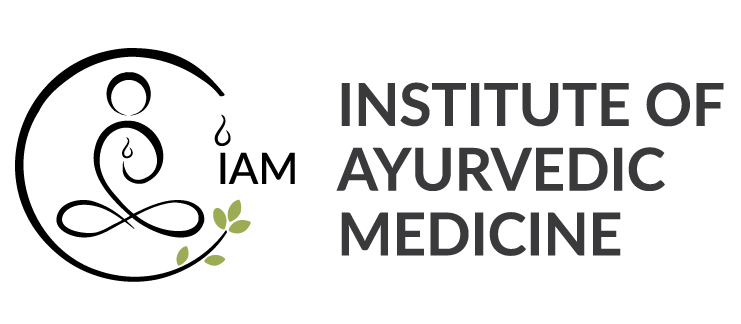Gerry Matthew Villegas (IAM Intern)
I have heard frequently, especially in my recent years as a college student studying psychology, of the importance of a daily routine (O’Conor, 2019). I firmly believe that a daily routine is essential for maximizing your life successes. Ayurveda emphasizes this same understanding in this lesson on Dinacharya, meaning daily routine (Frostick, 2024; Sanctuary Wellness Center &
Yoga Studio, 2024).
For those who live the Ayurvedic lifestyle, there is a fundamental principle that extols a person’s sacred connection with Mother Nature. I found the edification of flowing with nature’s cycles very fascinating, particularly as I tend to attempt to elucidate why we are the way we are from an evolutionary frame. One of the teachings proposed to enhance this is that it is crucial to make waking up before the sun rises a habit. I initially questioned this instruction before connecting it with my previous knowledge of circadian rhythm. We all have a clump of neurons in our brain called the suprachiasmatic nucleus that essentially functions as our biological clock (Mendoza, 2014). By internalizing external information through visual cues in the environment, particularly sunlight, it communicates to the other regions of our brain and body which processes should occur. One of the main morning processes, triggered by our circadian rhythm, is the production and secretion of dopamine, our neurotransmitter that induces the seeking out of and responding to rewards; in other words, motivation. This translates to us having the most motivation and corresponding feelings of accomplishment upon finishing tasks readily accessible to us early during the day when the sun rises. It makes logical sense to me, therefore, that by waking up early, we maximize our utilization of our early high levels of dopamine. Being proactive with our self-care by allocating sufficient and unbothered time for it can promote a sense of self-confidence in our agency to better our health while also attuning to our responsibilities that maintain our health (Meyer, 2022). Being as proactive as possible daily increases the likelihood that we reach our short-term and long-term goals, establishing our well-being and amplifying our purpose to lengths we may not have thought were possible to reach if we had not made as much
progress as we had through this practice.
References
Frostick, S. (2024). Dinacharya [Powerpoint Slides]. Institute of Ayurvedic Medicine. https://youtu.be/q1ZqUvXxAXc?si=Qszv4ImOH2Nq6dce.
Mendoza, J., & Challet, E. (2014). Circadian insights into dopamine mechanisms. Neuroscience, 282, 230–242. https://doi.org/10.1016/j.neuroscience.2014.07.081.
Meyer, N., Harvey, A. G., Lockley, S. W., & Dijk, D.-J. (2022). Circadian rhythms and disorders of the timing of sleep. Lancet (London, England), 400(10357), S0140-6736(22)008777. https://doi.org/10.1016/S0140-6736(22)00877-7.
O’Conor, R., Benavente, J. Y., Kwasny, M. J., Eldeirawi, K., Hasnain-Wynia, R., Federman, A. D., Hebert-Beirne, J., & Wolf, M. S. (2019). Daily Routine: Associations With Health Status and Urgent Health Care Utilization Among
Older Adults. The Gerontologist, 59(5), 947–955. https://doi.org/10.1093/geront/gny117.
Sanctuary Wellness Center & Yoga Studio. (2024). ALC 2022: Dinacharya: daily
routines w Sarah Otto combs. YouTube. https://youtu.be/Co8Cdy1IeJU?si=49Q5DaL5b-B5PM-U.
Some of the videos are privately shared – please call the IAM office for access

